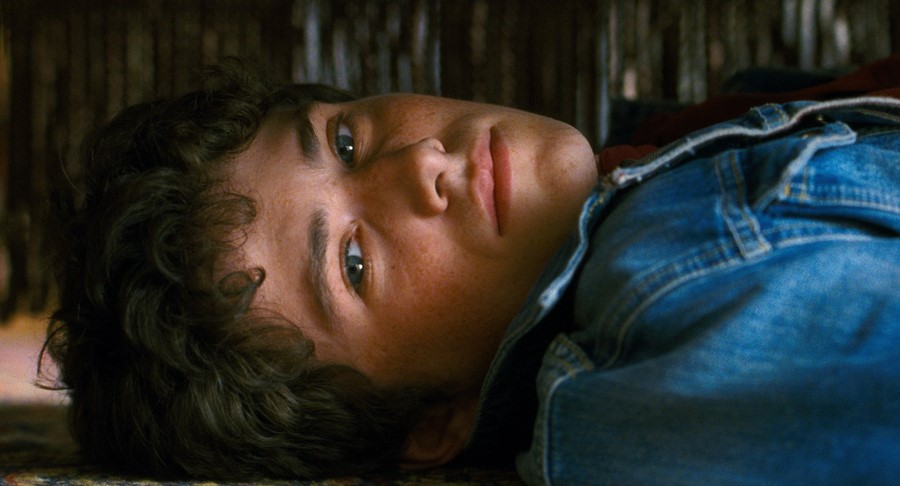As his wonderful new film The Son of Joseph arrives on UK screens, we sit down with cult director Eugène Green to talk alternate realities and his idiosyncratic world view
“Almost all French films seem to be autobiographical and that doesn’t interest me, not least because, as a person, I’m not interesting at all,” says American-born French filmmaker Eugène Green emphatically. “What’s interesting is something in my head; the way I see our world, and how I can share that with viewers.” And it is this idiosyncratic vision – which spans baroque theatricality; restrained, offbeat dialogue; whimsical humour; a permeating air of spirituality; and, perhaps most famously, direct, sightline close-ups into the camera – that has won the director a cult following since he began his filmmaking career 15 years ago, at the age of 54.
Today marks the release of Green’s tenth feature, The Son of Joseph, an eccentric and heartwarming tale of a disengaged Parisian teenager named Vincent (played to surly perfection by Victor Ezenfis) and his search for a father figure, which, as the title suggests, loosely riffs on the nativity story. Vincent is a serious young man with few friends – his best friend is busy trying to launch an online sperm bank, much to Vincent’s disdain – who has developed an obsession with finding his estranged father, the identity of whom his saintly mother Marie refuses to reveal. Delightfully droll events ensue as our protagonist embarks on his search, eventually tracking down his co-creator – a self-centred publishing mogul – only to deem him a thoroughly unsatisfactory candidate for the role. But just as his hopes begin to dwindle, he stumbles upon Joseph, a kindly stranger (and, as it turns out, his father’s brother) who takes Vincent under his wing, providing him with the counsel and comfort he so desires. The plot comes complete with many twists and turns, and dramatic changes of pace – from a hauntingly lyrical madrigal concert set in a church to a rip-rollicking police chase – and leaves you feeling as well-nourished and satisfied as the heartiest of Christmas dinners. Here, as the film hits UK screens, we sit down with Green to talk his unique practice, the key ingredients to a good film, and the highs and lows of his late arrival to cinema.
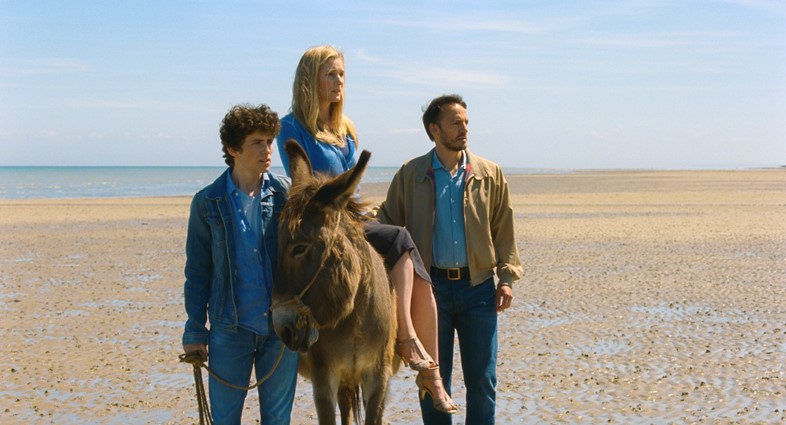
On the idea behind the film...
“The starting point for all my films comes from somewhere else… It’s like a myth that comes together by itself and then I start to see what meaning it can have – often that comes when I decide on a title. So The Son of Joseph sparked the idea of a boy who was brought up by his mother not knowing who his father is. And then when he discovers who his father is, he doesn’t want him, so he chooses another father. Immediately, there was this idea of putting it in relation to biblical themes – although someone who has never read the Bible can watch the film and be moved by it, I hope. Once I got a little further into the story, I thought of the sacrifice of Abraham, which is a very mysterious episode in the Bible – there are so many commentaries on it from antiquity onwards without a clear explanation of why it happened – and that got the ball rolling.”
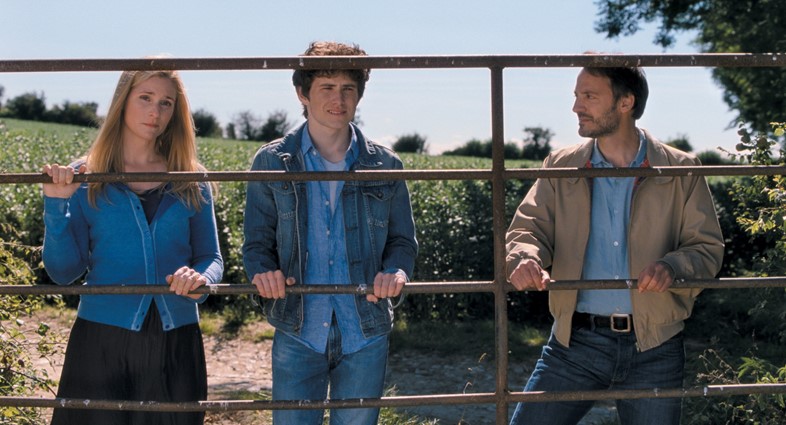
On finding his cast...
“I often work with actors I’ve worked with before but when I look for a new actor, I never do typical castings. I meet the person, usually in a café, and we sit face to face, and I look at their eyes, their way of speaking, the way they take the light. Natasha is very luminous when she takes the light, for example, which is why I immediately thought of her for Marie. I also want them to understand what I am trying to do. Usually they’ve seen my films, but not always. Finding the actor to play Vincent was the biggest problem casting-wise. When I met Victor, he hadn’t seen any of my films but by the time I’d decided to cast him, he had just seen La Sapienza. His commentaries were very profound and I was very happy to see that he had been moved by it. For someone his age he has a great literary culture, he reads a lot and he is very intelligent.”
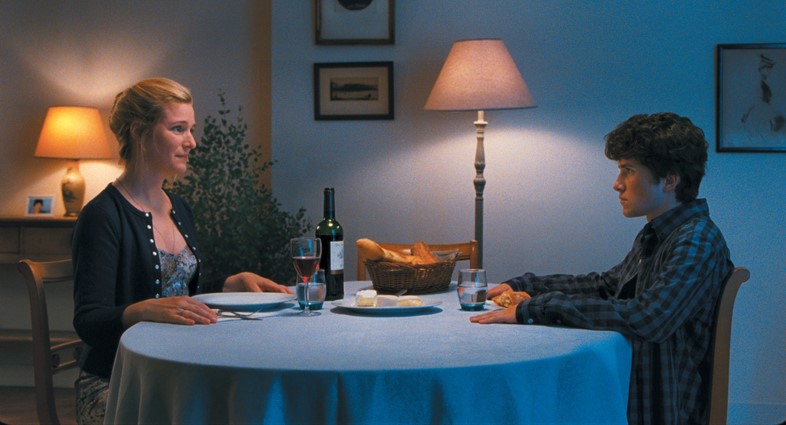
On his rehearsal process...
“I don’t intervene that much; I have my style – they have to understand that. We just do one reading of the script, usually with as many actors as possible present. I ask them to read it in a neutral way, always as if they were speaking to themselves. The only interventions I make are musical ones to change how they accent words, or sometimes I tell them to emphasise a certain word or to change the rhythm slightly, but that’s all. I also give them the text long time in advance, which is very different to [Robert] Bresson – who people always talk about in relation to my work because he has been a big influence. Bresson didn’t let the actors, whom he called his models, see the script. They only received it day by day ahead of filming because he didn’t want them to construct something and to overthink. But I worked with professional actors; I trust them and it is really important to me that they’re familiar with the text because the physical part of the words have to physically become part of them. For me a word has a body and a soul. This is something we have forgotten, we think that words are just signs to designate something.”
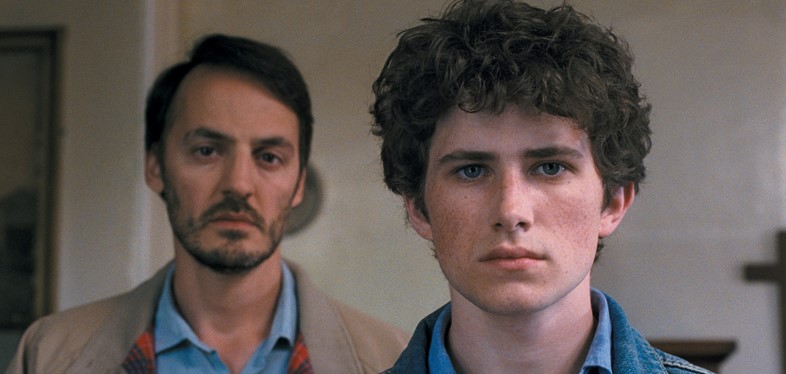
On his pared-back style and focus on faces...
“I always try to put in a frame what is most important and to exclude what is accessory. So when there is dialogue, the focus and expression comes mainly through the words so I often just show the upper part of the body and sometimes just the face. I’m looking for hidden interiority – I don’t want them to try and do lots of things, gestures with their bodies. Mathieu, who plays Oscar, does a lot of physical movement in real life, but it’s not interesting to capture what you can see in real life. What I am looking for is what is hidden and by putting these constraints on, it liberates what you otherwise would not see.”
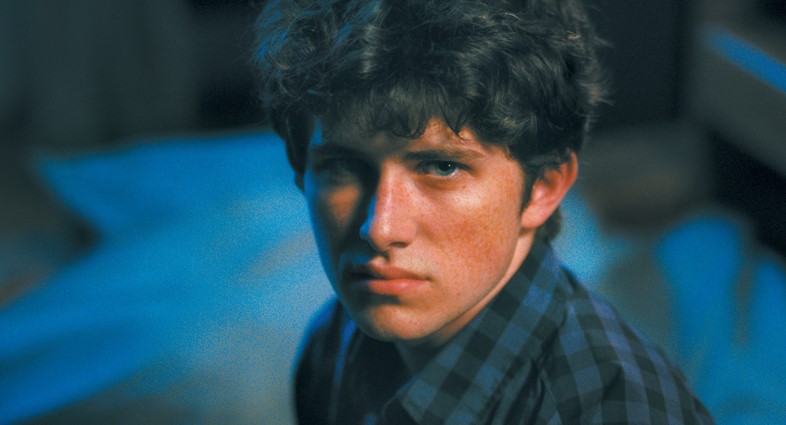
On the importance of revealing the hidden…
“I portray a different world in my films but it’s a world which is already there; I always think that there’s another reality hidden within what we see every day. And we see less and less even of the material reality because people don’t see what’s around them – they’re just going around with iPhones. When I film an object it’s the same as when I film a person, because everything in the world for me has a spiritual energy. Take a glass on the table: glasses are normally just there to drink from but if I was making a frame that included a glass, it would have something mysterious in it. It’s like in Baroque paintings: sometimes the most beautiful still lifes are just of a single object, like a glass, and if you look at it closely you might find the reflection of a window depicted within it, a spiritual presence which is hidden in the material reality.”
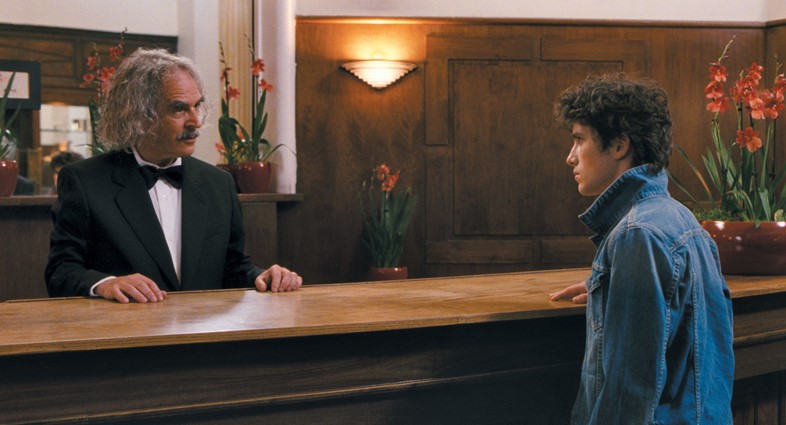
On what makes a good film...
“I think the director has to have a personal conception of what cinema is. There are films which have a lot of success but they just use cinematic images to tell a story. It’s like a novel put into images, but it’s not really a film; it doesn’t exploit the possibilities of cinema. I also really believe in dramatic construction. Even directors like Fellini or Miguel Gomes who work almost without a script have a way of keeping a certain dramatic tension. They are always thinking about the audience; they never lose them even if it’s not a very well constructed story.”
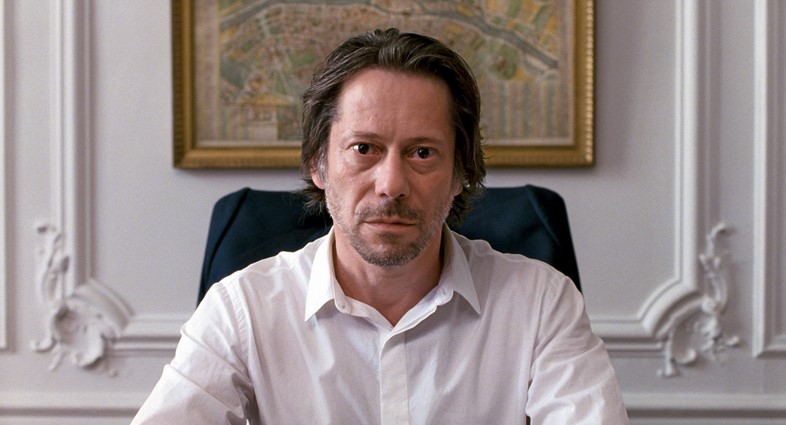
On coming to directing late...
“It’s a great source of anxiety for me because I started so late and I still have the impression that I have a lot more films to make. But on the other hand I could have never made the films I’ve made if I had started in the 1970s, when I was young. I probably would have made bad Bressonian films! But I had the time to really think about what I wanted to do and the experience of over 20 years in theatre and working with actors. The relationship that I have with the actors is very important – it’s always a friendship and I know how to make actors work without tension. Also, I suppose there is a maturation in my films, even for someone old like me. The danger, of course, is becoming senile but since I have a lot of contact with young people, it helps me not to!”
The Son of Joseph is in UK cinemas from today, and is available on MUBI from December 25.
